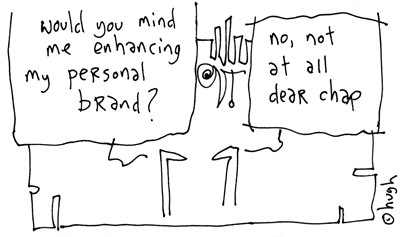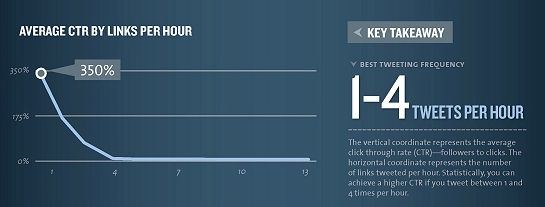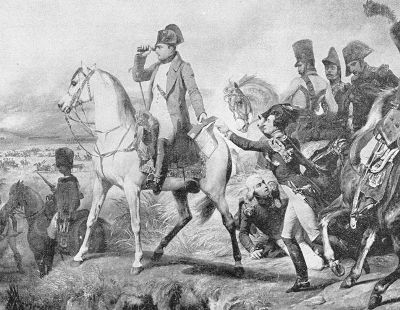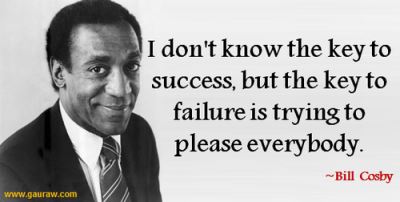Career risk mitigation lies entirely in developing your own personal Brand.
As I was lately discussing career management with an acquaintance employed by an international company that just decided to shrink the local office, the conversation came upon career risk management.
 When you work as a full-time employee and devote yourself 100% to your employer, your risk is to be made redundant and lose your entire income. In today’s world, showing fantastic abilities and creating great value for your employer might not be sufficient to ensure a total risk mitigation – things might happen at the other end of the world which you can’t do anything about and affect your position independently of your competencies and skills.
When you work as a full-time employee and devote yourself 100% to your employer, your risk is to be made redundant and lose your entire income. In today’s world, showing fantastic abilities and creating great value for your employer might not be sufficient to ensure a total risk mitigation – things might happen at the other end of the world which you can’t do anything about and affect your position independently of your competencies and skills.
There is only one thing you should do to mitigate this risk: develop your Brand and your visibility continuously. Make yourself visible to the outside world, and develop your brand in your industry and beyond. Have references of publications you can show. Ensure that a Google search on your name will yield fantastic references.
It might not be natural for an employee, but think about it: the time is past where organizations were emotional about you as an employee. You need to be ready to walk away or to be pushed through the door any time. Your Brand will shield you. Even as an employee, you need to take time and effort to brand yourself and develop it. If you present it well, your employer will even be grateful of your increased visibility which will shine (temporarily) upon them.
What’s your brand? What are you doing to develop it?
Another great picture from Hugh MacLeod at gapingvoid.com!











